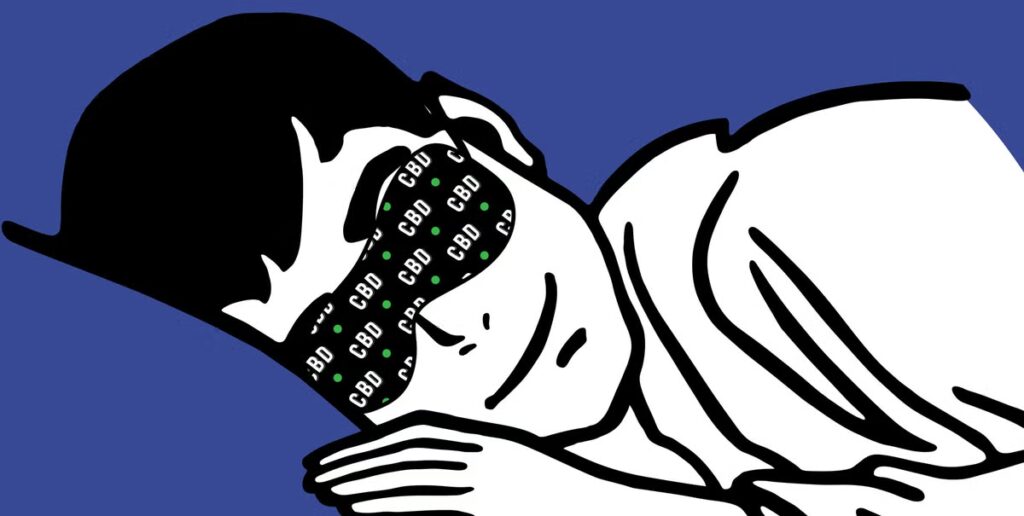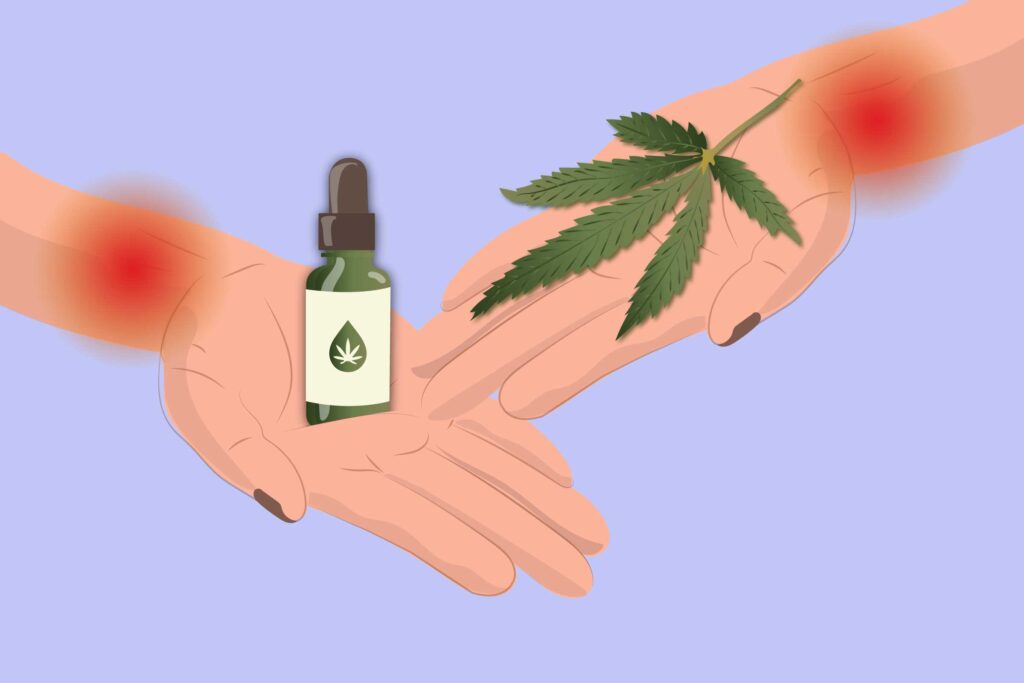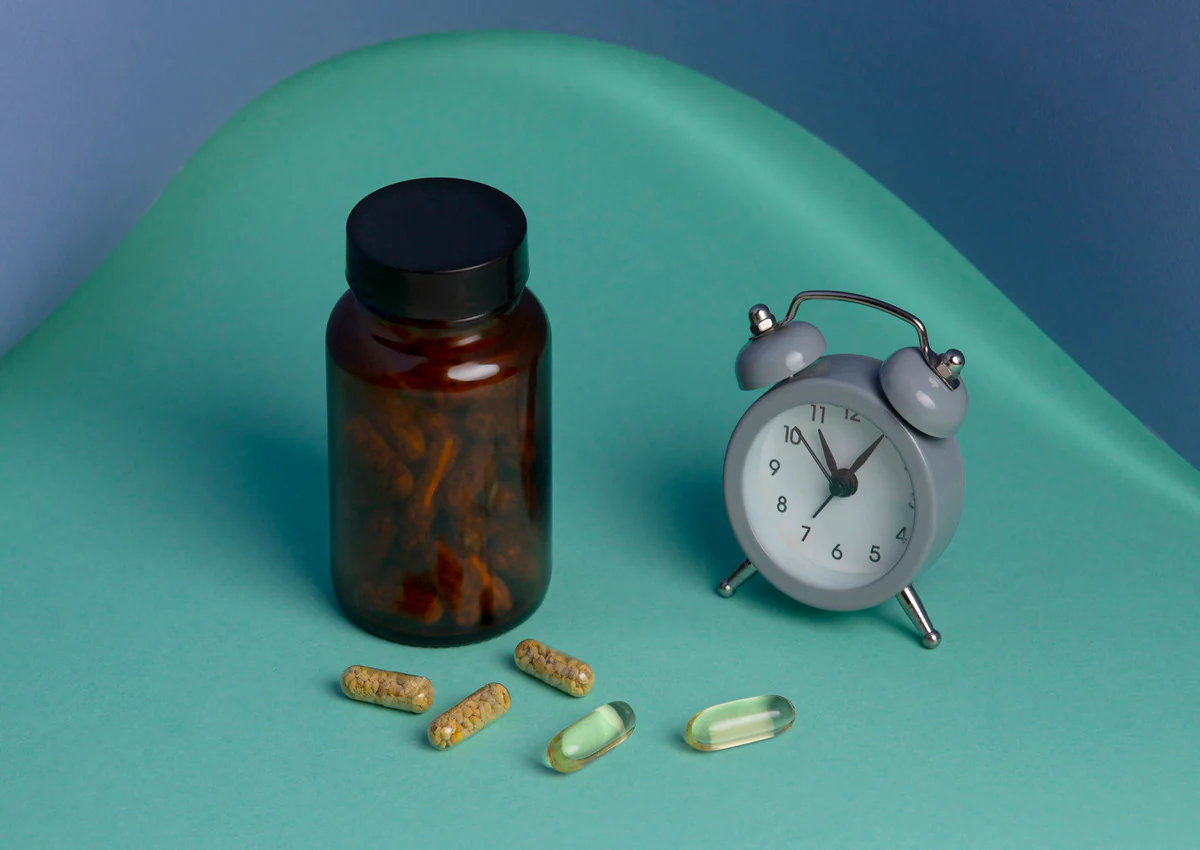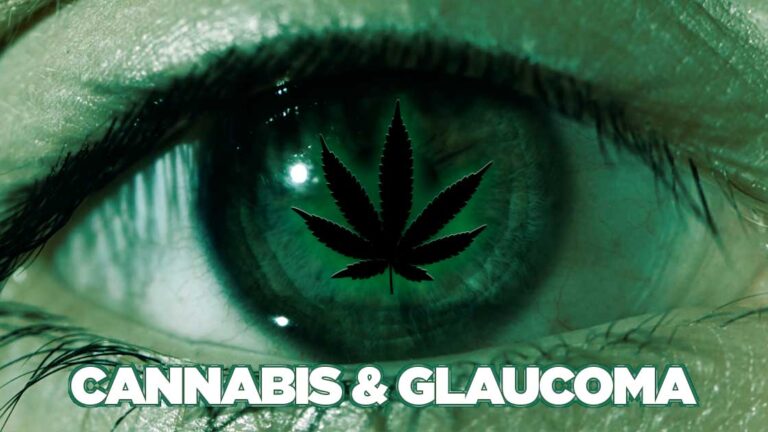
Nightly Talk: The Role of CBD in Sleep and Pain Management
In today’s fast-paced world, many people struggle to get enough sleep and manage chronic pain. Traditional medications often come with unwanted side effects, so people are looking for natural alternatives.CBD, a compound derived from the cannabis plant, has been lauded for its potential to improve sleep and reduce pain without the psychoactive effects associated with tetrahydrocannabinol. This article will delve into the world of CBD, exploring the role of CBD in sleep and pain management, the science behind it, and how to use it effectively.
What is CBD?
CBD or Cannabidiol is one of over 100 cannabinoids found in the cannabis plant. Unlike the well-known THC (tetrahydrocannabinol), CBD is not psychoactive, meaning it does not produce a “high” CBD is usually extracted from hemp, a variety of marijuana that contains only trace amounts of tetrahydrocannabinol, making CBD legal in many areas where marijuana cultivation is not allowed. It interacts with the body’s endocannabinoid system (ECS), a complex network of receptors and neurotransmitters that help regulate a variety of functions such as sleep, pain, and mood.
How CBD Might Help with Sleep

Sleep is an important part of overall health, yet millions of people struggle with insomnia, anxiety or pain that disrupts their rest. Research suggests that cannabidiol, which treats sleep, may help address underlying issues such as anxiety and pain. A study published in the Journal of Permanente found that within the first month of cannabidiol use, 66.7% of participants had improved sleep scores (The Sleep Foundation).The interaction of CBD with the ECS may help to regulate sleep patterns, especially for those suffering from anxiety-related sleep disorders. For example, one study showed that nearly 80% of participants who used CBD for anxiety reported lower anxiety levels, which typically improves sleep.
However, does CBD always help with sleep? The evidence is mixed. a study in ScienceDirect suggests that CBD may affect memory consolidation by altering sleep structure (ScienceDirect). More research is needed to fully understand the direct effects of CBD on sleep quality.
CBD for Pain Relief
Chronic pain, whether caused by arthritis, neuropathy or other diseases, can significantly reduce quality of life. Due to its anti-inflammatory and analgesic properties, CBD has shown promise as a natural pain reliever. Several studies, including one published in the European Journal of Pain, have shown that CBD analgesics reduce pain and inflammation in animal models of arthritis (Healthline). For humans, anecdotal evidence and preliminary studies suggest that CBD may be helpful in controlling various types of pain, including chronic pain, fibromyalgia, and even pain associated with cancer.A systematic review in PMC suggests that CBD, sometimes in combination with low doses of tetrahydrocannabinol, may be beneficial for chronic pain, but larger human studies are needed (PMC).

The best CBD for treating pain depends on the type of pain. For example, topical CBD creams are often recommended for localized pain, such as arthritis, while CBD oils or capsules are best for systemic issues like fibromyalgia.
Best CBD in Sleep and Pain Management
When it comes to choosing the best CBD in sleep and pain management, quality is crucial. The market is flooded with options, so it’s crucial to prioritize products that are third-party tested, organic and clearly labeled with their CBD content. Here are some common forms of CBD and their uses:
| Product Type | Best For | Description |
|---|---|---|
| Oils and Tinctures | Sleep, General Pain | Versatile and fast-acting, taken sublingually or added to food. Ideal for systemic relief. |
| Capsules | Sleep, Chronic Pain | Convenient, precise dosing for daily use. |
| Topicals | Localized Pain | Creams, balms, and lotions for targeted relief, e.g., arthritis or muscle soreness. |
| Edibles | Sleep, General Wellness | Gummies and infused foods offer a tasty, discreet option, though effects may take longer. |

When choosing a product, make sure it is from a reputable brand with third-party lab results to verify purity and potency (Medical News Today). Broad-spectrum or full-spectrum CBD products that contain other cannabinoids may have enhanced effects due to “synergistic effects,” but THC-free products are also available for those who avoid psychoactive compounds.
How to Use CBD Effectively
Using CBD to effectively treat, CBD in sleep and pain management takes some experimentation, as its effectiveness varies from person to person. Here are some tips for getting started:
- Start Low and Go Slow: start with a low dose (e.g., 10-20 mg) and work your way up as needed to find the right dose without overdoing it.
- Timing Matters: for sleep, take CBD 30-60 minutes before bedtime. for pain, apply directly to the affected area or take oils/capsules as needed throughout the day.
- Consult a Healthcare Provider: Especially if you are taking other medications, as CBD may interact with medications such as blood thinners or antidepressants (Mayo Clinic).
Potential Side Effects and Considerations
While CBD is generally well-tolerated, it can cause side effects in some people, including dry mouth, drowsiness, and changes in appetite.The CBD industry is largely unregulated, so the quality of products can vary. One study found that more than 25% of online CBD products contained less CBD than labeled, and some contained THC. To be safe, you’d better buy CBD products from a reputable source and check third-party lab results. Additionally, the legal status of CBD varies by region, so check local regulations before purchasing.

Conclusion
The role of CBD in sleep and pain management offer a natural, promising approach to improving rest and controlling discomfort that is increasingly supported anecdotally and scientifically. Its ability to interact with the endocannabinoid system and address underlying issues such as anxiety and inflammation makes it a versatile option for those seeking a holistic solution. However, as with any supplement, it’s crucial to do your research, choose a high-quality product, and consult with a professional before using it. With the right approach, CBD may just be the key to unlocking better sleep and a pain-free life.


